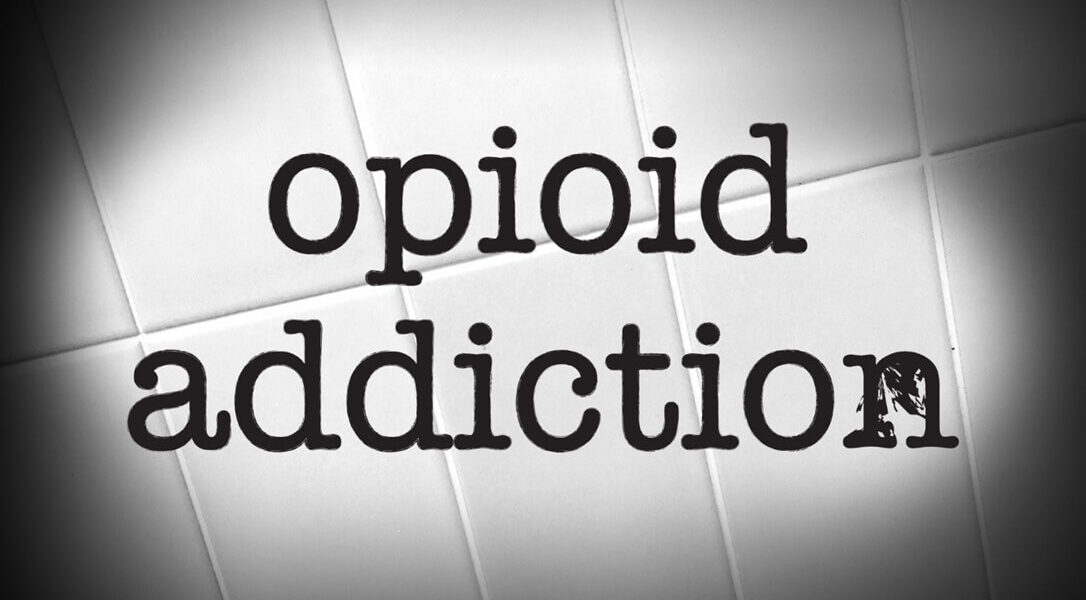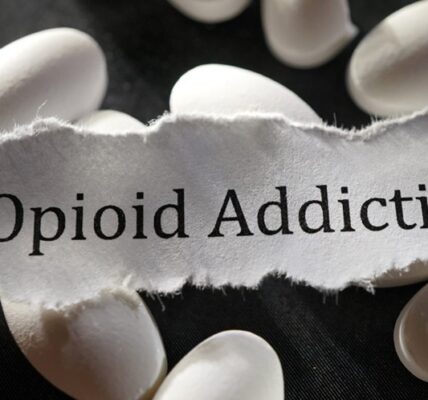Opioid addiction is a problem that is plaguing our society. More and more people are becoming addicted to opioids every day, and it is causing havoc in families and communities. If you want to understand opioid addiction, you need to know the basics about opioids. In this post, we will discuss what opioids are and everything else you need to know about opioid addiction.
What are Opioids?
Opioids are a type of drug that is typically used to relieve pain. They work by binding to certain receptors in the brain and spinal cord, which blocks the pain signals from reaching the brain. Opioids can be either natural or synthetic. Natural opioids are derived from the opium poppy plant and include drugs like morphine and codeine. Whereas synthetic opioids are man-made and include drugs like fentanyl and oxycodone.
Opioids are typically prescribed by doctors to treat pain after an injury or surgery, but they can also be obtained illegally. The illegal use of opioids has become a major problem in recent years, as more and more people are becoming addicted to them. Opioid addiction is a serious problem that can lead to many negative consequences, including death. Therefore, seeking addiction recovery in Greenville, SC, is very crucial, or else the addiction will only worsen.
What are the Symptoms of Opioid Addiction?
Opioid addiction can cause a number of different symptoms. The most common symptom is a strong desire or needs to use opioids, even when they are no longer needed for pain relief. Other symptoms include:
- Taking larger doses of opioids than prescribed or taking them more often than prescribed.
- Taking opioids in different ways, such as crushing them and snorting them.
- Taking opioids for non-medical reasons, such as to get high.
- Developing a tolerance to opioids, which means that higher doses are needed to achieve the same effect.
- Withdrawal symptoms when opioids are not used, such as anxiety, sweating, and shaking.
How is Opioid Addiction Treated?
Treatment for opioid addiction typically begins with detoxification, which is the process of allowing the body to rid itself of the drug. This can be done either at home or in a medical facility. After detox, patients will typically undergo rehabilitation, which is where they will receive counseling and therapy to help them recover from their addiction. A mental health professional can help patients to understand the root cause of their addiction and develop coping mechanisms to prevent them from relapsing.
To Sum It Up
Opioid addiction is a severe concern that can have many negative consequences. If you or someone you know is struggling with opioid addiction, it is essential to seek help as soon as possible. Don’t let addiction ruin your life. There is help available, and recovery is possible.










